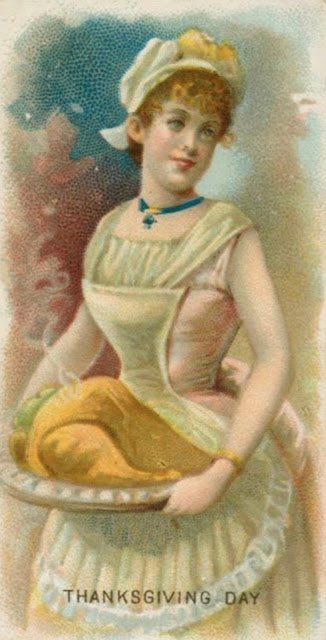One subject that I often hear about from college students is refrigerator etiquette. A reader recently told me his new dorm mate informed him that any box or item not specifically marked as his is up for grabs. Evidently the mate’s household had these “rights” and he assumed that they worked anywhere. I asked the person if he was okay with his roommate’s declaration. He was not. He felt that it was presumptuous and disrespectful.
Comfortably sharing a space – and refrigerator – with someone requires communication, understanding, and a few ground rules.
Refrigerator Rights
According to Urban Rights Dictionary, “‘Refrigerator rights’ defines the depth, closeness, and intimacy of a relationship. Friends with refrigerator rights can help themselves to anything in your refrigerator without asking permission.”
Refrigerator rights are really about the right to act or not act in a common space. When you share a home or office with other people you probably share a refrigerator as well. Does this give you the right to help yourself to anything in said refrigerator? Only if you’ve been granted refrigerator rights.
Common Refrigerator Etiquette
When refrigerator etiquette is observed, as in other etiquette-ful situations, the people sharing the space hardly notice. Because there is nothing to notice, things run smoothly, and household routines are just. . . routine.
But when expectations and understandings are not met, there is disappointment, aggravation, and resentment. Pet peeves come to light and will only become more annoying unless correction is made.
A recent poll of my family and friends reveals refrigerator pet peeves:
- Empty containers put back in the fridge.
- People drinking out of cartons or bottles which everyone uses.
- Not covering food properly (or at all) which leads to a smelly fridge.
- “Space stealing,” defined as using a shelf that has been previously claimed or assigned to someone else.
- A spill happens and the person who spilled just leaves it there.
- When someone used the last of something such as ketchup or ice cream and didn’t let others know.
- If there are no guidelines and it’s a free for all in the fridge.
Refrigerator etiquette rules are often practices that grow out of personal experience. Pet peeves are acknowledged, and guidelines are created to help keep harmony in the household. Some examples are:
- The person who usually stocks the groceries is commonly in charge of knowing when to toss out food on the verge of spoiling.
- If the family or group sharing the refrigerator is large, create an organized storage system, including container labeling and shelf “ownership” systems to avoid confusion and irritation.
- Unless you have explicit permission to do so, if you didn’t buy it, you shouldn’t consume it.
- Make sure that everyone understands and agrees to the system, including a cleaning schedule.
Shared responsibility can help minimize pet peeves and good communication can maintain an etiquette-ful atmosphere in the kitchen.
Just as with any common space, it is important to show respect. My advice to all roommates in question: When anyone is feeling invaded, that person needs to speak up about it.
Contributor, Candace Smith is a retired, national award-winning secondary school educator, Candace Smith teaches university students and professionals the soft skills of etiquette and protocol. She found these skills necessary in her own life after her husband received international recognition in 2002. Plunged into a new “normal” of travel and formal social gatherings with global leaders, she discovered how uncomfortable she was in many important social situations. After extensive training in etiquette and protocol, Candace realized a markedly increased confidence level in meeting and greeting and dining skills and was inspired to share these skills that will help others gain comfort and confidence in dining and networking situations. Learn more at http://www.candacesmithetiquette.com/
🍽Etiquette Enthusiast, Maura J. Graber, is the Site Editor for the Etiquipedia© Etiquette Encyclopedia



















